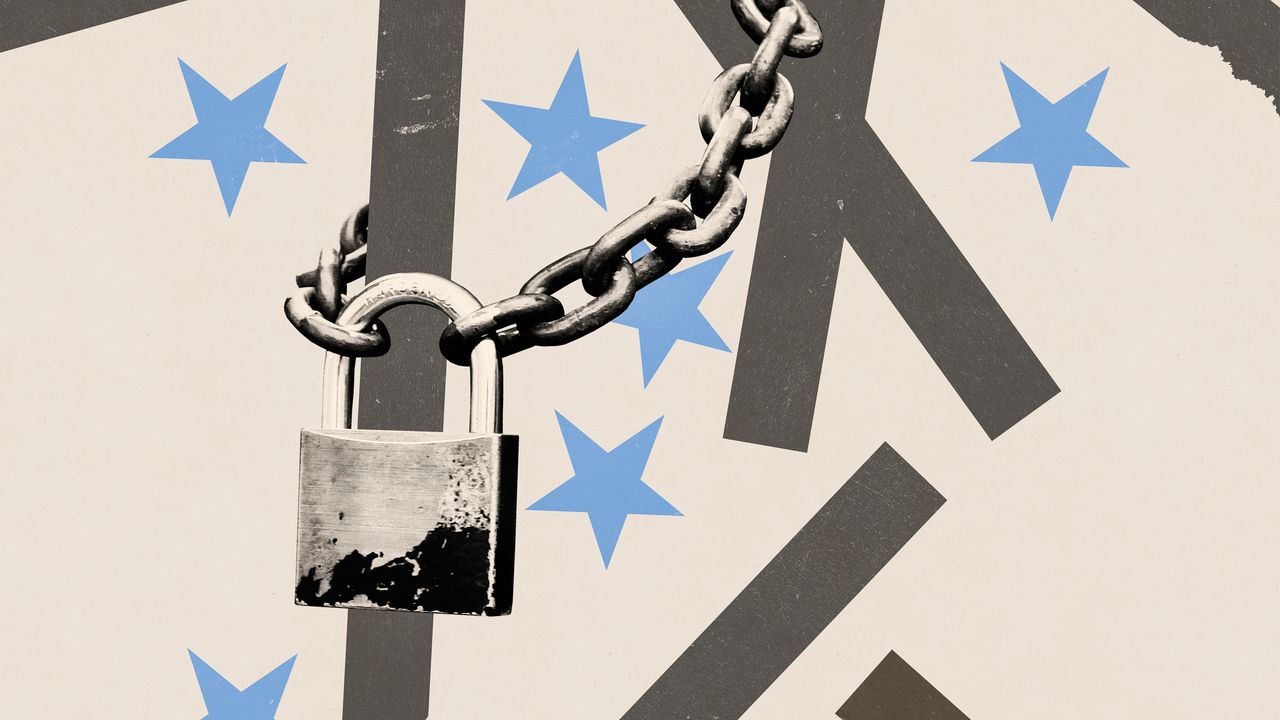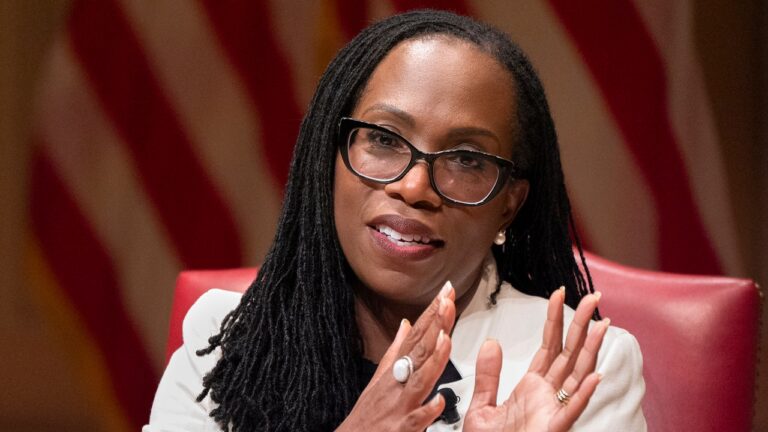The chaos of Donald Trump’s Presidency often obscures its rank consistency. Only a few hours into his second term, Trump signed an executive order suspending the admission of refugees to the United States, something that he’d tried to do his first time in office. Twelve thousand people who had been cleared to come were stranded, their flights cancelled. A hundred and eighteen thousand others had been approved but didn’t yet have plane tickets. Some, including Iraqis and Afghans who had been targeted in their home countries for helping the U.S. military, filed a lawsuit, alongside a group of resettlement organizations. Eventually, a federal appeals court instructed the Administration to admit anyone whose flight had been scheduled on or before January 20th; it has shown no sign that it will comply. In 2017, when Trump banned refugees from certain Muslim-majority countries, the legal challenges they filed took almost all his first term to sort out. Many of them were still waiting abroad to learn their fate when he returned to the White House this year.
In the meantime, according to the executive order, the U.S. will “admit only those refugees who can fully and appropriately assimilate into the United States.” Less than a month later, the Administration made clear who that might be. A February executive order, called “Addressing Egregious Actions of the Republic of South Africa,” blamed that nation’s government for perpetrating racism against white people. In May, fifty-nine Afrikaners were flown to the U.S. Stephen Miller, the President’s top immigration adviser in both terms, hailed their case as “the textbook definition of why the refugee program was created.” They were, he said, the victims of “race-based persecution.”
The U.S. Congress hasn’t passed legislation to reform the immigration system in thirty-five years, and one consequence has been a steady perversion of how lawmakers address the issue of who belongs here. Which people deserve our protection, in the form of asylum or refugee status, has become a kind of proxy fight, waged by successive Presidents operating on the margins of congressional inaction. The Refugee Act of 1980, which codified legal protections for those fleeing persecution, was supposed to be insulated from domestic identity politics. It had largely bipartisan support until Trump’s first term, when Miller and his allies went to work. In a series of technical moves, they rewrote government guidelines for identifying and processing refugees. Resettlement agencies were starved of resources, leading many to shut down. In the final year of that term, the government resettled some eleven thousand refugees, the lowest amount, by a wide margin, in the program’s history. Between 2023 and 2024, the Biden Administration resettled more than a hundred thousand. No one doubted that Trump would attempt to reverse such progress, yet he went further: his Administration has now turned the system into a tool of white racial grievance.
Trump’s interest in the plight of Afrikaners seems to have begun in 2018 with—what else?—segments on Fox News. Interviewing an Afrikaner activist, Tucker Carlson focussed on a policy that permitted the South African government to redistribute land owned by white farmers. “Racism is what our élites say they dislike most,” Carlson later said. “ ‘Donald Trump is a racist,’ they say. But they pay no attention to this.” The policy, while inevitably controversial, was meant to correct for the nearly fifty years of brutal privations that Black South Africans endured under apartheid. Trump went on to claim, falsely, that the South African government was engaged in the “large scale killing” of white farmers, and he ordered the State Department to investigate. Top officials, as they did with many of the President’s most fervid obsessions, appeared to slow-walk the inquiry.
This time, Trump took issue with a new law by which the government could expropriate white farmers’ unused property. The fact that South Africa brought a genocide case against Israel before the International Court of Justice, in 2023, is a separate point of contention. There are others. In February, Trump’s Secretary of State, Marco Rubio, refused to attend a G-20 summit in South Africa because the country supported what he summarized, on X, as “DEI and climate change.”
On May 21st, Trump staged a diplomatic mugging of the sort that’s become common in the Oval Office, assailing the South African President, Cyril Ramaphosa, with more false claims of a “genocide.” (The nation’s murder rate is high, but the available evidence suggests that white farmers make up a tiny fraction of the victims.) Aides played a propaganda video, and Trump held up a photograph of body bags which, according to Reuters, actually showed aid workers burying corpses in the Democratic Republic of the Congo. This term, Trump is surrounded entirely by enablers. One of them was the South African-born billionaire Elon Musk, who has subscribed to conspiracy theories about antiwhite violence and spread them on social media. Musk has also sought to operate Starlink, his satellite-internet company, in South Africa, but has balked at a law requiring foreign tech firms to sell a portion of their local subsidiaries to shareholders who are Black or historically disadvantaged.
Trump’s refugee gambit comes just as his Administration is eviscerating a range of other protections for immigrants. A decade after the passage of the Refugee Act, Congress created a designation called Temporary Protected Status, to allow foreigners in the U.S. to remain here, on a provisional basis, if they face security concerns—from political strife to environmental disaster—at home. Some nine hundred thousand people from seventeen nations currently have T.P.S. But Trump has begun revoking it, country by country, including for some eight thousand Afghans and as many as half a million Haitians. In May, the Supreme Court allowed the Administration to proceed with its plan to cancel T.P.S. for three hundred and fifty thousand Venezuelans. Days later, the Justices temporarily lifted a lower-court order that had blocked the President from ending humanitarian parole for another half a million migrants from Venezuela, Haiti, Cuba, and Nicaragua.
Last week, the State Department sent a formal notification to Congress with a long list of bureaucratic changes, including substantial job cuts and a new emphasis on promoting “western values.” The bureau in charge of refugee resettlement will have a new section: the Office of Remigration. The thrust of its mission will be to “return illegal aliens to their country of origin.” “Remigration” is the preferred term of right-wing European populists, and it carries a host of white-nationalist associations. Trump had used the word only once before, in a social-media post during the 2024 campaign. It was a fringe concept then—not anymore. ♦








